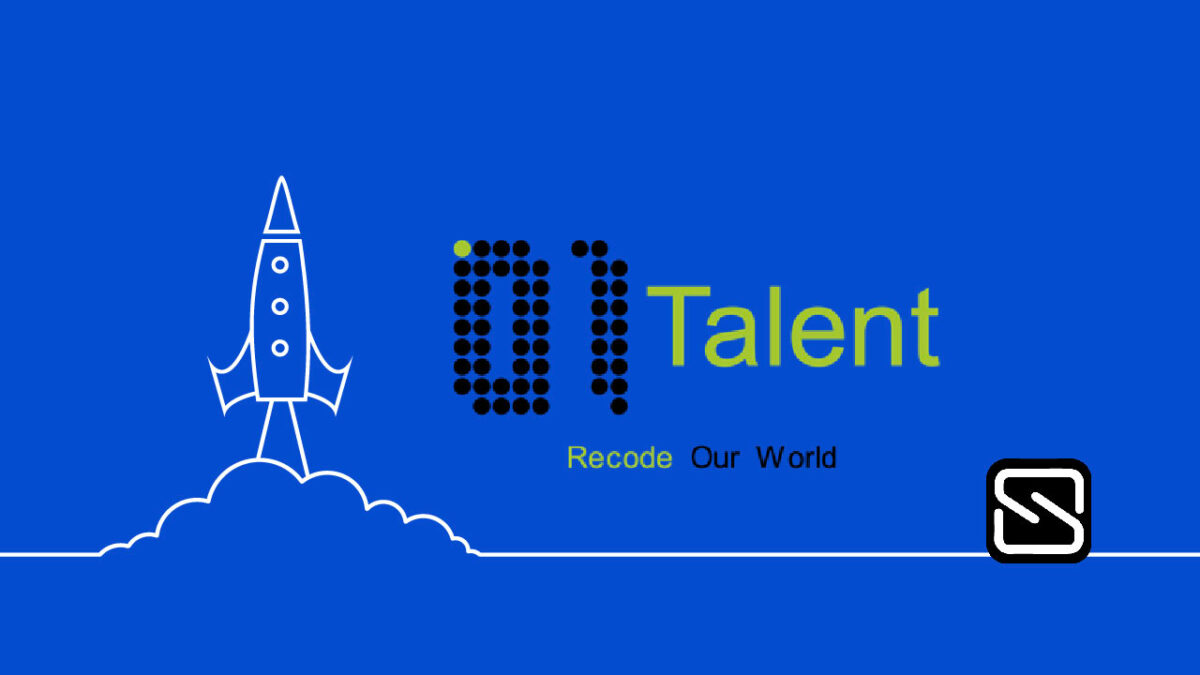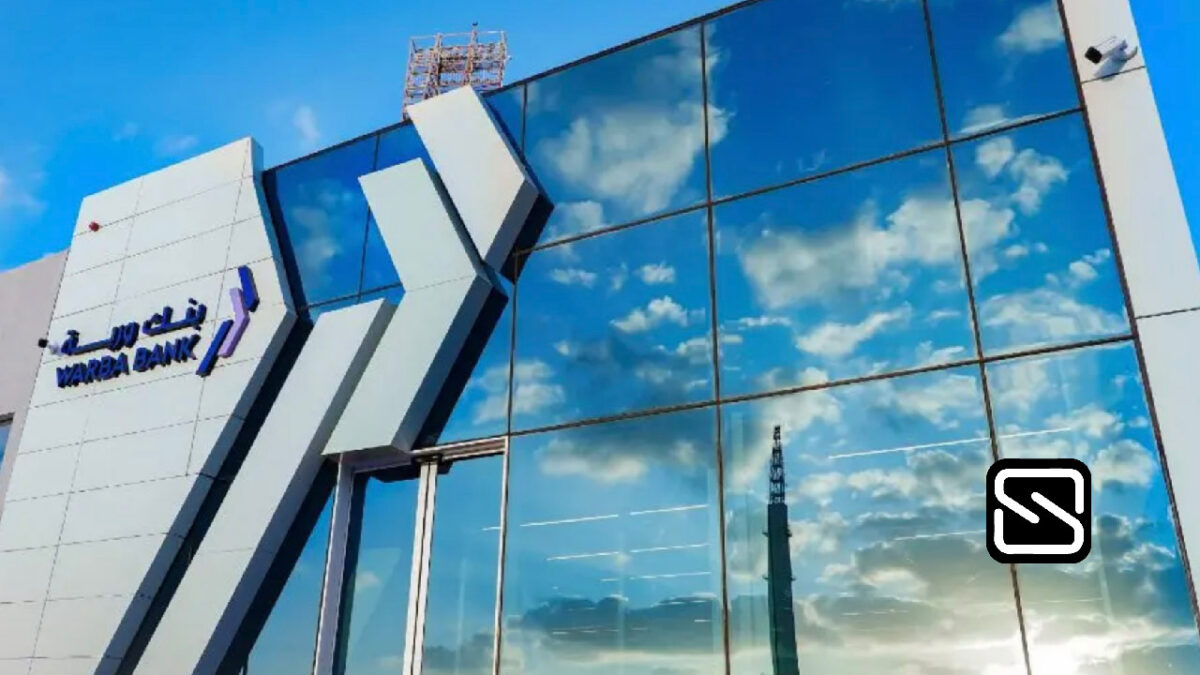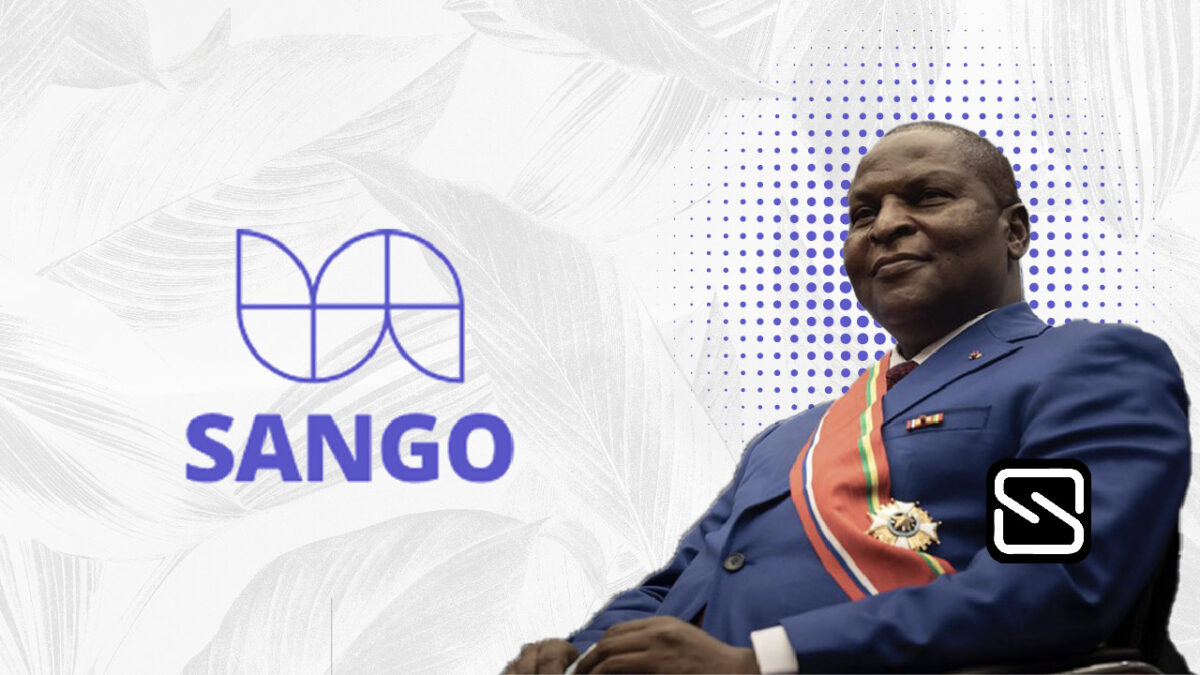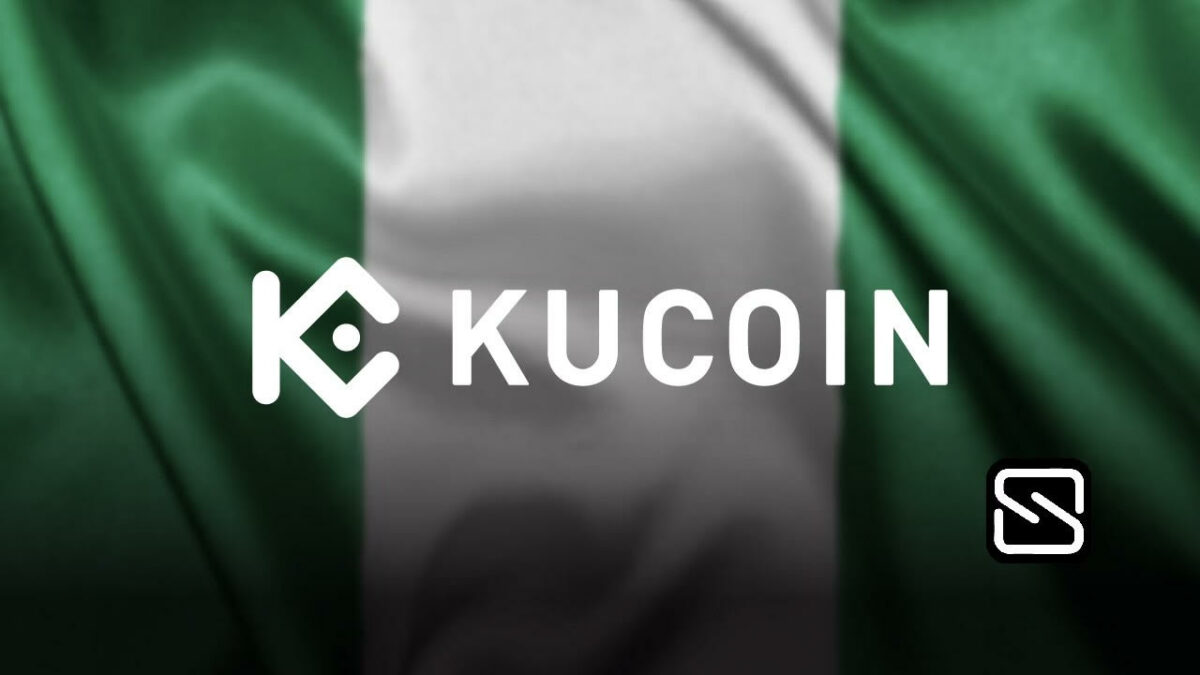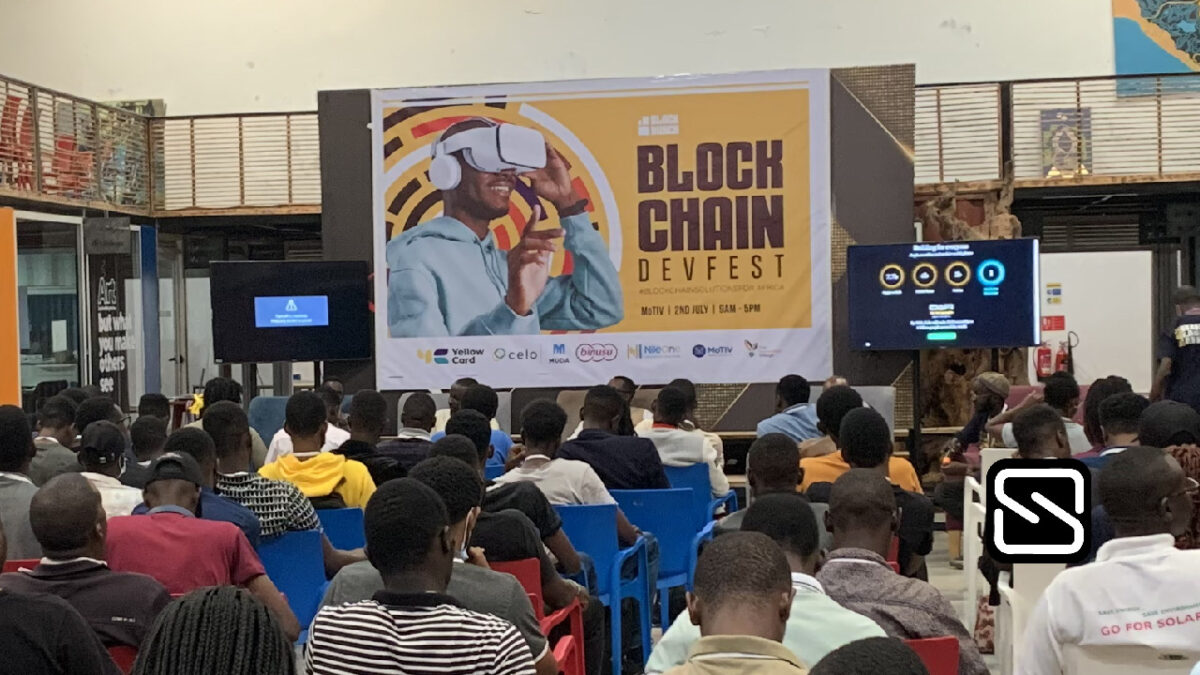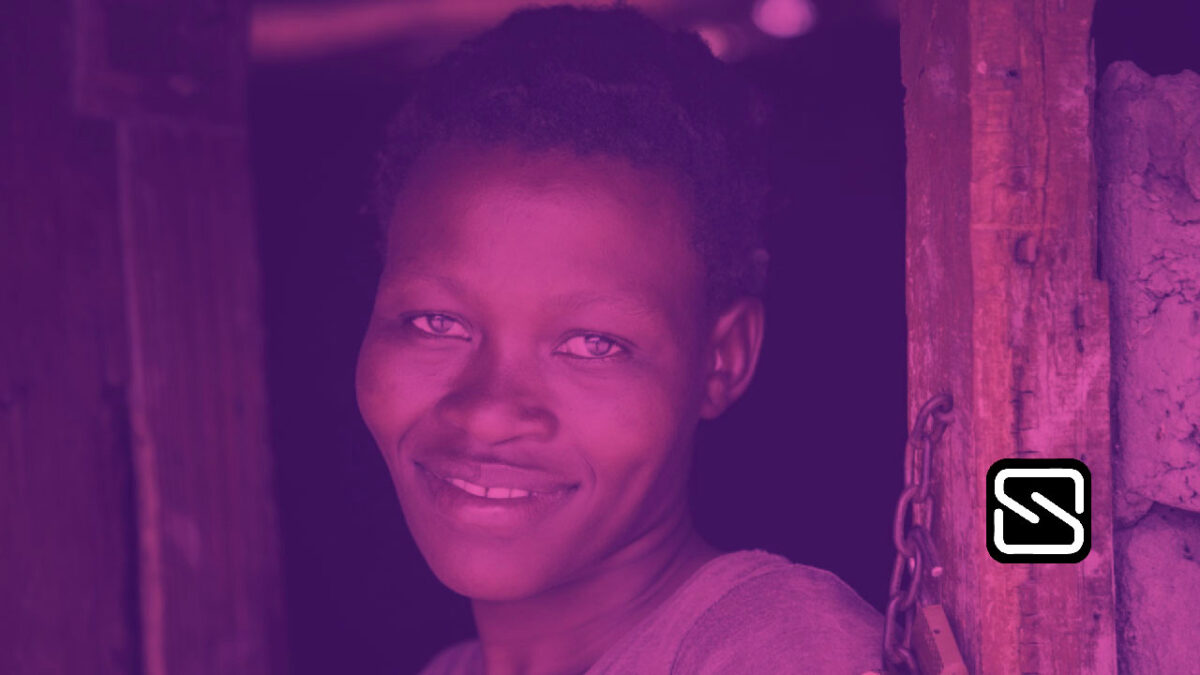Popular South African artist and fashion designer, Rich Mnisi, is partnering with a beverage company, Coca-Cola to launch a Pride series NFT collection.
Coca-Cola said that it is introducing the Pride series NFT collection as part of its intentions to celebrate with the LGBTQIA+ community. Each NFT in the collection comprises a different piece from one of the 136 NFT collectibles. Its goal of launching this series is to provide members of the LGBTQIA+ community with colorful light, spreading the message of love everywhere.
Coca-Cola explains that it chose Mnisi because his works push the limits of community and identity. The team adds that Mnisi got the inspiration for his pride collection from the un-destroyable nature of energy.
According to Mnisi, energy can alter or transfer forms. It can be locked up or unlocked by anyone. Like energy, love can take on several forms yet never lose its existence. Heartache, trust, passion, and darkness can all be new forms of love. These expressions show how love evolves and endures. They serve as a reminder that each person has the ability to choose the type of love they want to express.
Mnisi further adds, “We display love whichever way we define it. But let’s all love one another freely.”
Coca-cola also announced that 136 NFTs will be released in the Pride series NFT collection. Also, they will all be minted on the Polygon (MATIC) network. Already, there are some of these NFTs on the Open Sea NFT marketplace. Coca-Cola has set the floor price for these NFTs at 1 ETH.
Coca-Cola also hopes that the introduction of the NFT series will increase the visibility of the LGBTQIA+ colors. Consequently, the world’s understanding of its message of love will grow. Coca-Cola also declared that it will give the local charities all of the proceeds from the initial sale of the NFTs. In the first year after the NFT series debuts, all sales earnings will go to the LGBTQIA+ charity, OUT.
Rich Mnisi specifically chose the South Africa-based charity firm OUT which provides mental and physical healthcare. Besides being the second-oldest charity in South Africa, OUT is also one of the charities that serve the LGBTQIA+ community.
Givenchy Parfums, a French luxury perfume, and cosmetic firm are also towing the steps of Coca-Cola. It is launching an NFT collection that benefits Paris-based LGBTQIA+ firm, Le Mag Jeunes.

